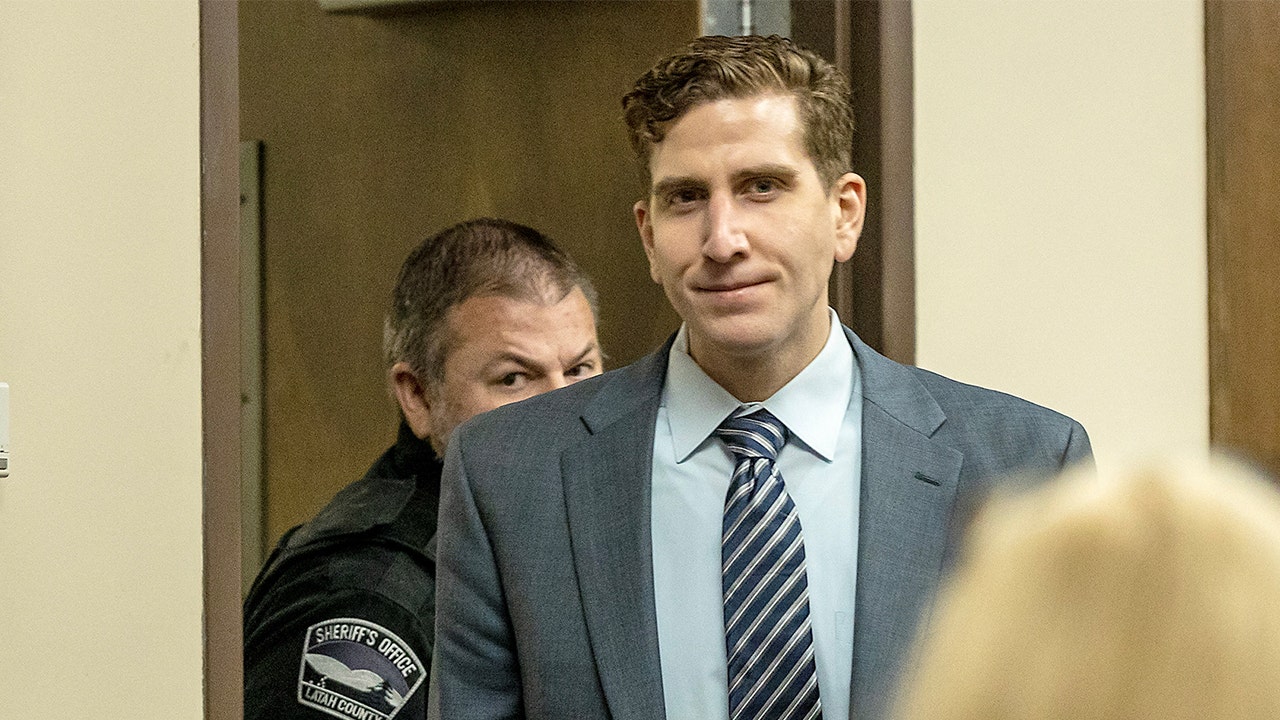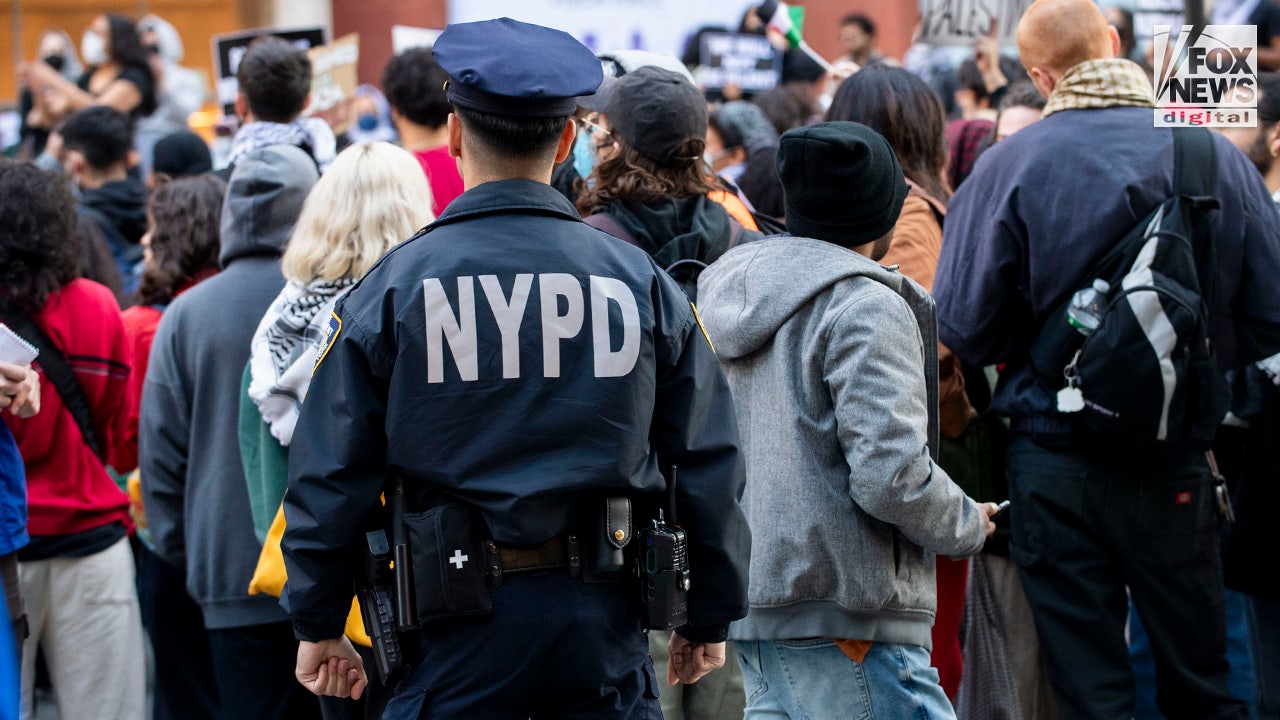Productions of plays in America’s high schools have been increasingly under attack. In 2023, Anton Chekhov’s “Three Sisters” was rejected in Tennessee (since it deals with adultery); “August: Osage County,” the Pulitzer Prize-winning play by Tracy Letts, was canceled in Iowa after rehearsals had begun (the community was deemed not ready for it); and in Kansas, students were not even allowed to study, let alone stage, “The Laramie Project,” a play by Moisés Kaufman and members of the Tectonic Theater Project about the murder of a gay student, Matthew Shepard.
It should come as no surprise, then, that in the Educational Theater Association’s most recent survey, 85 percent of American theater teachers expressed concern about censorship. Even Shakespeare is at risk: In Florida, new laws led to the restriction of “A Midsummer Night’s Dream” to grades 10 through 12 and “Romeo and Juliet” could not be taught in full to avoid falling afoul of legislation targeting “sexual conduct.” Kill off young people’s exposure to theater, and you kill off a generation of playgoers, along with the empathy and camaraderie (already in short supply) that is intrinsic to theater. According to the latest report from the National Endowment for the Arts, from 2017 to 2022 the percentage of Americans who went even once a year to see a nonmusical play dropped by roughly half, from about 10 percent to less than 5 percent.
What begins as a war on theater never ends there.
The current attacks on theater in American schools have their origins in a struggle that took place in the late 1930s, when America’s political leadership believed that the arts, no less than industry and agriculture, were vital to the health of the Republic and deserving of its financial support. There was still an implicit understanding that theater and democracy — twinborn in ancient Greece, spheres where competing visions of society could be aired and debated — were mutually dependent. Funded by Congress as part of a Works Progress Administration relief bill and established in 1935, the Federal Theater Project by 1939 had staged over 1,000 productions in 29 states, seen free or for a pittance by 30 million spectators, or roughly one in four Americans, two-thirds of whom had never seen a play before.
It brought children’s plays on touring trucks to kids in crowded cities. It staged works in Spanish, Yiddish and Italian to reach immigrants. It established what it called Negro units from Hartford, Conn., to Seattle to support Black actors and playwrights. It staged Christmas plays and classics by Shakespeare and Euripides and nurtured young playwrights and directors, including Arthur Miller and Orson Welles. It brought free theater to asylums, orphanages, hospitals, prisons and veterans’ homes. It revived playgoing in rural states where the movies had all but ended it. Ten million listeners a week tuned in to its radio broadcasts. It established ties with hundreds of educational, fraternal, civic and religious groups, strengthening communal bonds.
It turned out that Americans were hungry for plays about issues that mattered to their lives, topics largely shunned by Hollywood and the commercial stage. So they flocked to see new plays about substandard housing and the plight of struggling farmers. One of the most remarkable Federal Theater ventures was a stage version of Sinclair Lewis’s novel “It Can’t Happen Here,” in which a fascist is elected president of the United States. It opened on the same day, Oct. 27, 1936, in 18 cities across the country, and by the time it closed, more than 379,000 Americans had seen it. The cost of these thousand or so productions to taxpayers was roughly the price of building a single battleship.
The program’s popularity contributed to its undoing. Many of those in Congress who had voted to fund the Federal Theater became frightened by its reach and impact, its interracial casting, its challenge to the status quo — frightened, too, perhaps, by the prospect of Americans across racial, economic and political divides sitting cheek by jowl in packed playhouses.
Three years after the creation of the Federal Theater, Congress authorized the establishment of what would become the House Un-American Activities Committee, chaired by Martin Dies of Texas. It was to supposed to spend seven months investigating the rise of Nazism, fascism and communism in America and submit a report. The ambitious Mr. Dies, desperate to have his committee’s life extended, instead focused much of his attention on a more vulnerable target: the Federal Theater, accusing it of disseminating offensive and communistic and therefore un-American values. In the course of waging and winning this battle, he assembled a right-wing playbook so pervasive that it now seems timeless. He succeeded wildly: All Federal Theater productions were abruptly terminated in 1939, and the House Un-American Activities Committee lasted until 1975. With a nascent national theater now destroyed, targeting theater in schools was the inevitable next step for his successors, who — whether cynical politicians or school board members eager to police what offends their sensibilities — have all stolen a page from the Dies playbook.
It’s hard to imagine what America would be like today had support for the Federal Theater continued and Mr. Dies’s committee not been renewed. Counterfactual history is best left to novelists. But a more vibrant theatrical culture extending across the land might well have led to a more informed citizenry and, by extension, a less divided and more equitable and resilient democracy. What happened instead was that Mr. Dies begat Joseph McCarthy, who begat Roy Cohn, who begat Donald Trump.
Some of those familiar with this history haven’t given up. Right now, artists are preparing projects that on July 27 will open simultaneously in 18 U.S. cities and towns, much as “It Can’t Happen Here” did in 1936. Under the rubric of Arts for EveryBody, the initiative is bringing together performers, audiences, community leaders and local officials. It is a small start and a promising one. So, too, is legislation coming before Congress, the STAGE Act of 2024, that would provide badly needed support for endangered nonprofit theaters across the land. Passing it should be a no-brainer, but there’s a likelihood that the Dies playbook will be used to defeat it. Until those in power in this country pivot from suppressing theater to investing in it, it’s not just the arts but also democracy itself that remains vulnerable.






